 Question: How do you feel when you skip your morning coffee? Answer: Depresso.
Question: How do you feel when you skip your morning coffee? Answer: Depresso.
Okay—not much of joke, but I included it here to illustrate how writers can sometimes feel when finishing a project. I recently completed a first draft of my new novel, L.A. Sniper, and although I’m celebrating that milestone in what for me is a yearlong process, I’m also feeling a little depresso as well—along with maybe a bit of apprehension about sending my newborn out into the cold, cruel world. But I suppose that’s just part of the process.
The good/bad news is that there’s still plenty left to do before then. In today’s world of publishing, writing is just one part of the equation, and I decided to take a break from work to post an article on some of the pitfalls authors typically face on the way to publication.
Let’s imagine you just typed “The End” at the bottom of your brand-new manuscript. Now you want to get it out there as quickly as possible. Needless to say, you want to do it right.
So now what?
Formerly a traditional publisher did the heavy lifting required to get your book into the hands of readers—editing, copyedit, cover design, promotion, and printing. I’ve gone that route in the past, and I learned from my experience with Bantam Books that even with a trad publisher, you must get involved. And if you’re an indie author, it isn’t simply your involvement that’s required. Now it’s all up to you. You are responsible for everything previously done by a huge, professional publishing house, and you must do it well. A daunting task, but nobody ever said this writing thing was going to be easy.
There are five critical areas where things can go wrong. Although there are certainly others, in the following I’ll provide some suggestions that can help you avoid the five most common mistakes.
1. Over-Editing 
Solution: Cut Bait. The revision process can go on indefinitely, if you let it—literally taking on a life of its own. This is common in writing groups and with many insecure authors. At some point you simply have to “cut bait” and move on to the next step. Not to say that you don’t want your work to be the best it can be, but don’t get paralyzed by endless revision.
2. Technical Errors
Solution: “Vet” Your Manuscript. Carefully check all technical material in your work, and then have someone knowledgeable in the field vet your story—making certain you at least sound like you know what you’re talking about. For instance, cartridges or rounds (not bullets) are inserted into a rifle or a semi-automatic pistol via a magazine, not a clip—an error I made a few years back that garnered an avalanche of criticism from gun-enthusiasts, and rightly so. Consult with an expert and get your details straight.
Solution: Test Market. You don’t write in a vacuum. Once you have your manuscript (mostly) revised, vetted, and ready to go, preview your work with friends and readers whose opinions you trust. If they find typos along the way, fine—but what you really want is their candid comments on your story. Listen to what they say. Did your story move them? Were there plot holes? Unclear motivations? Murky character development? This evaluation is traditionally performed by a publishing-house editor, but in my opinion a “groupthink” approach is equally effective, possibly even more so. Of course writing isn’t a democratic process and you want to preserve your original vision, but you will be surprised at how often you can improve your work by opening yourself to reader suggestions and criticism.
4. Sloppy Writing
Solution: Professional Copyedit. Most readers will not tolerate sloppy writing, typos, punctuation mistakes, and grammatical errors from anyone. You need a clean manuscript, and for that you will have to PAY someone. Having a friend who’s “good at editing” won’t cut it. Find a professional and use his or her services. Period. After that you can do one final revision, making certain you don’t introduce new errors along the way. And then publish!
5. Poor Marketing Solution: Social Media Marketing. Now that your book is out there, who knows about it besides your mom? Unless your name is Stephen King, hardly anyone, that’s who. Yours is one of tens of thousands of new books published each year. To find an audience, you must market your work. If you sit around waiting for your book to be discovered, you’re going to be sitting a long time. Step one in marketing is to have a professionally designed book cover, for which you will probably need to PAY for the services of a graphic artist. Step two is having a well designed website hub, along with various social media sites—Twitter, Facebook, YouTube, etc.—feeding into it. There is far too much in the social-marketing category to cover here, but there are many online sources (Jonathan Gunson’s bestsellerlabs.com or Joanna Penn’s TheCreativePen.com) that can point you in the right direction. To reiterate: Self-marketing is absolutely essential. Note that most successful authors devote around 70% of their average workday to writing and about 30% to marketing.
Solution: Social Media Marketing. Now that your book is out there, who knows about it besides your mom? Unless your name is Stephen King, hardly anyone, that’s who. Yours is one of tens of thousands of new books published each year. To find an audience, you must market your work. If you sit around waiting for your book to be discovered, you’re going to be sitting a long time. Step one in marketing is to have a professionally designed book cover, for which you will probably need to PAY for the services of a graphic artist. Step two is having a well designed website hub, along with various social media sites—Twitter, Facebook, YouTube, etc.—feeding into it. There is far too much in the social-marketing category to cover here, but there are many online sources (Jonathan Gunson’s bestsellerlabs.com or Joanna Penn’s TheCreativePen.com) that can point you in the right direction. To reiterate: Self-marketing is absolutely essential. Note that most successful authors devote around 70% of their average workday to writing and about 30% to marketing.
Oh, one last pitfall I forgot to mention: procrastination. Speaking of which, it’s time for me to grab some coffee, get over my first-draft depresso, and head back to work.
In your reading, have you encountered any sloppy writing lately? Does it irritate you? What are your pet peeves when reading? What are your main writing/publication problems? How do you get the word out about your work? Please leave a comment (click here) and join the conversation!



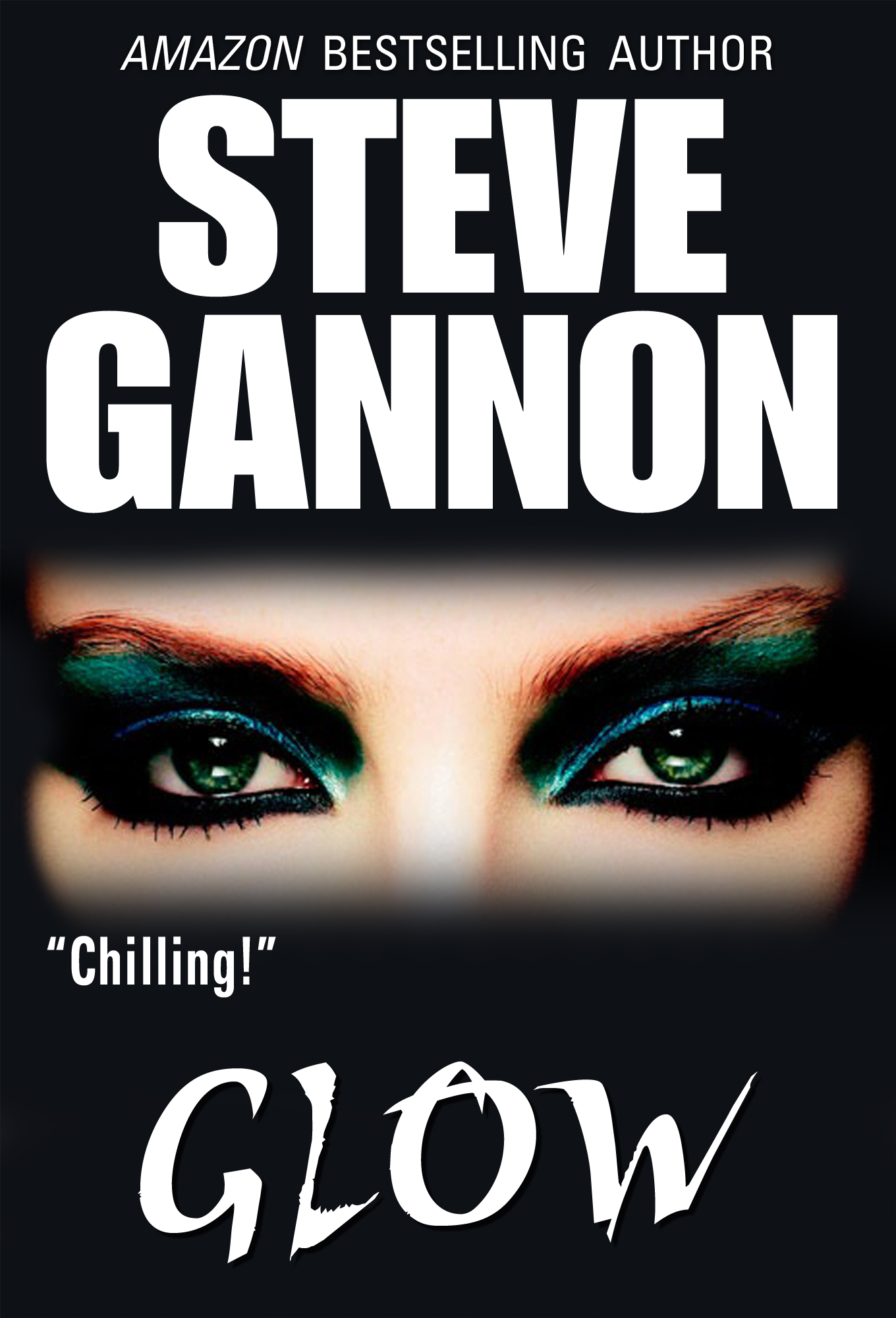
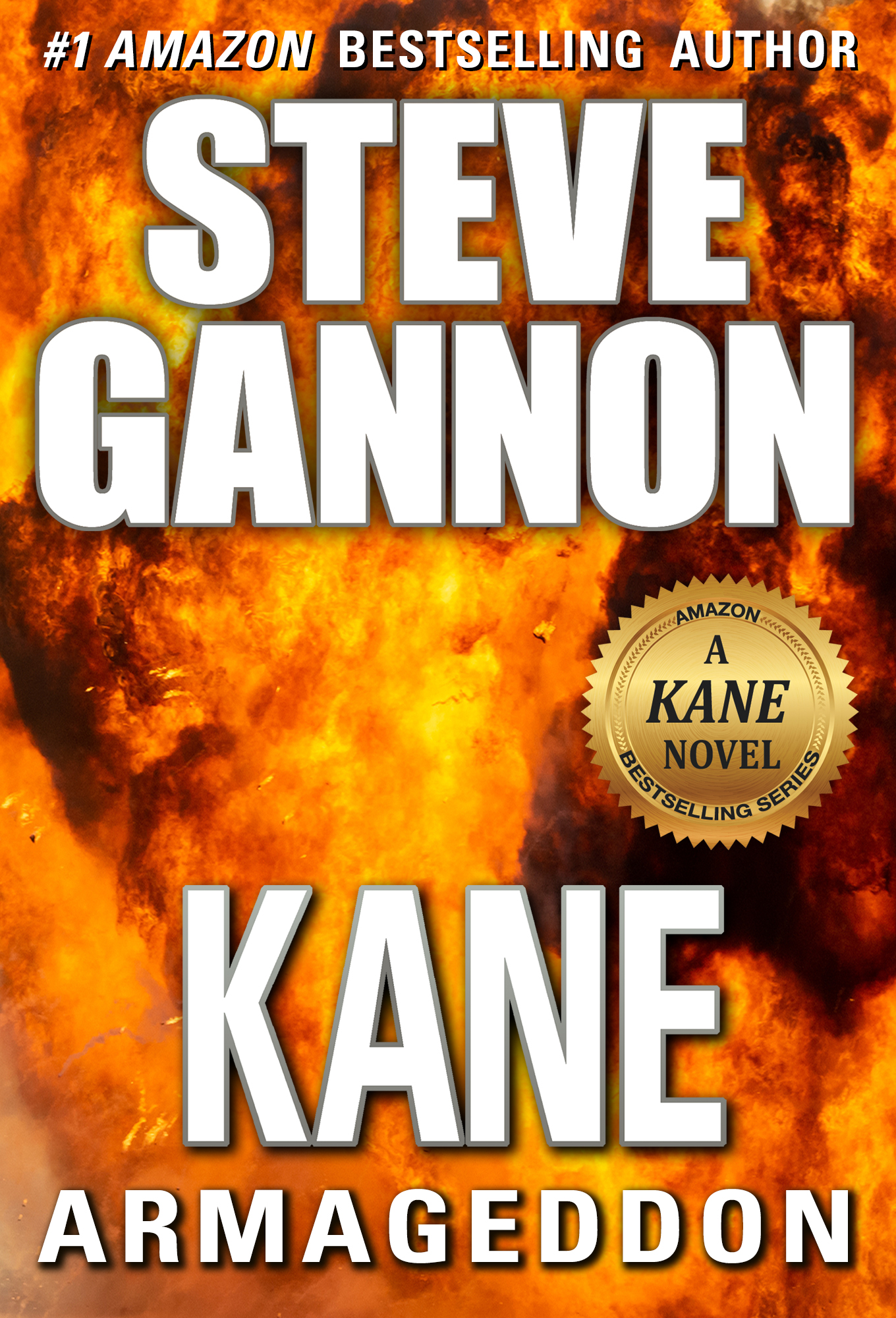
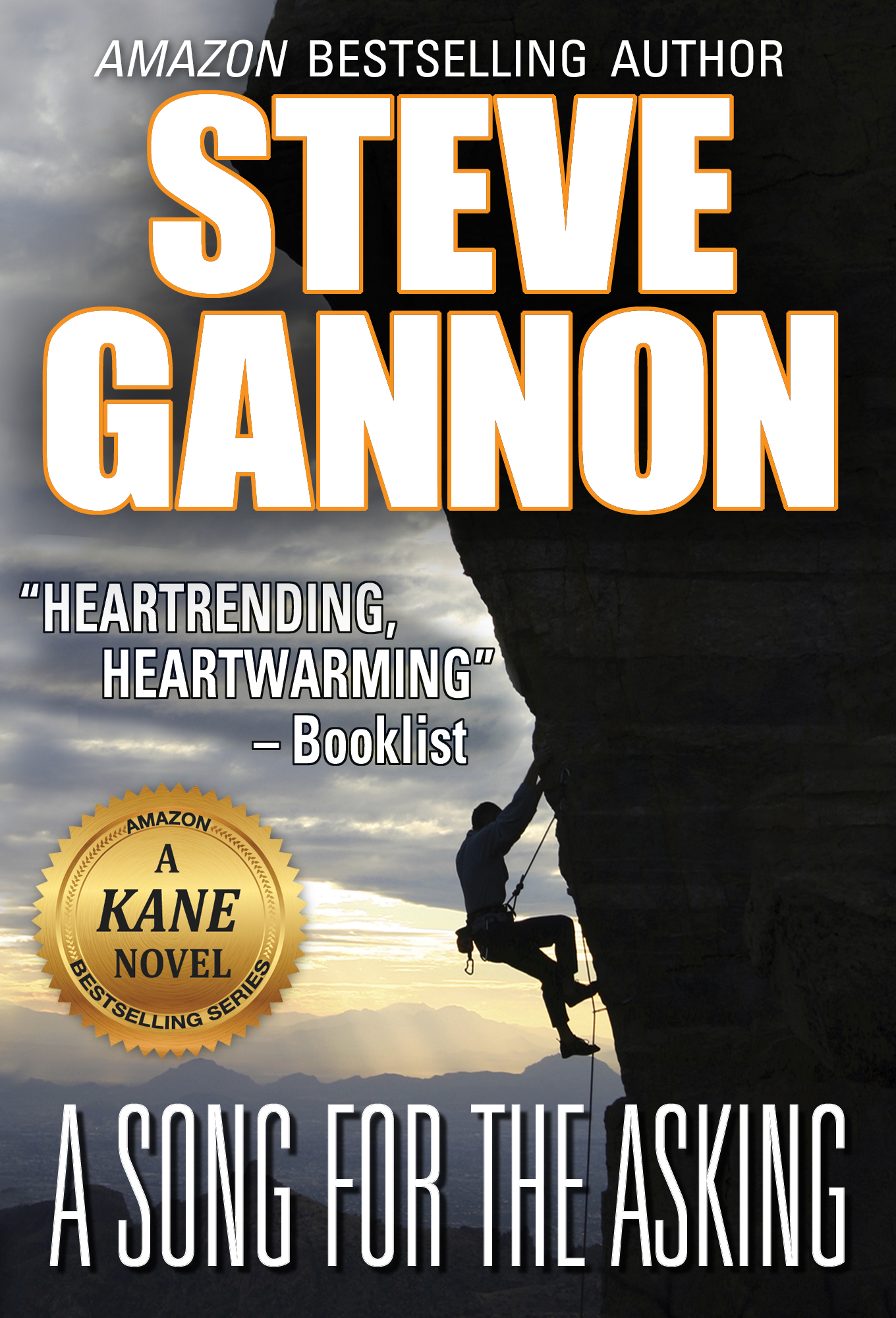
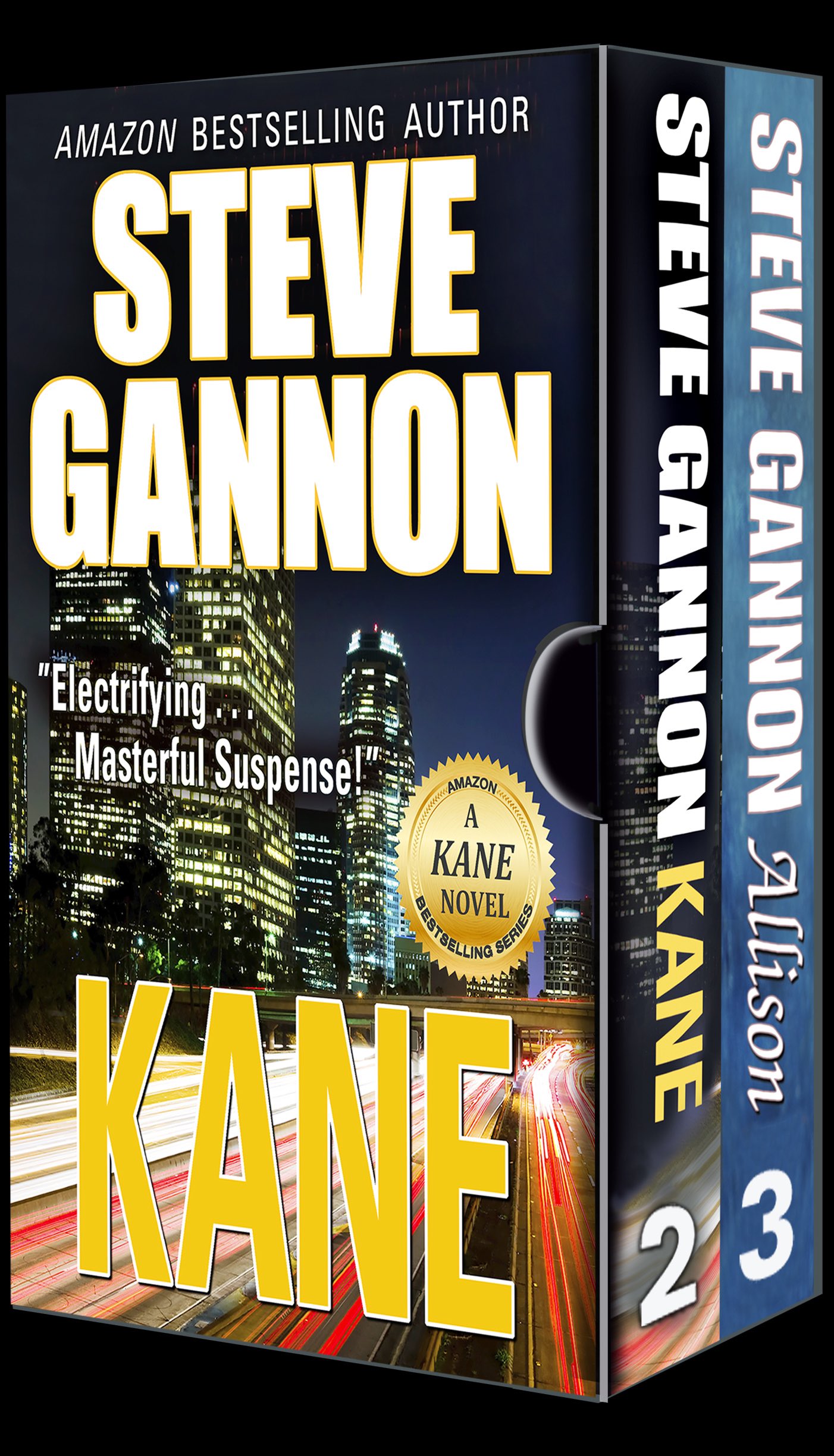
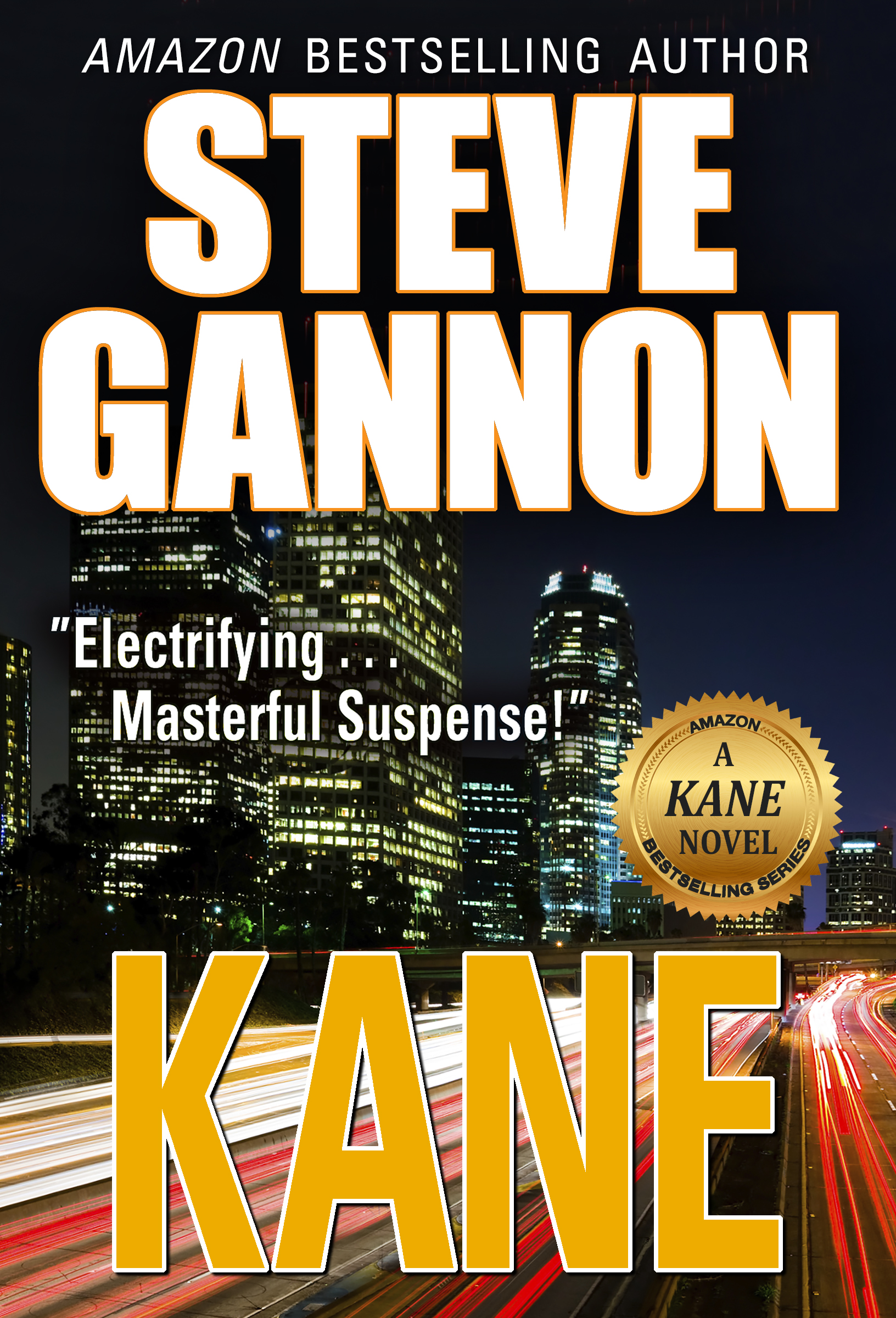
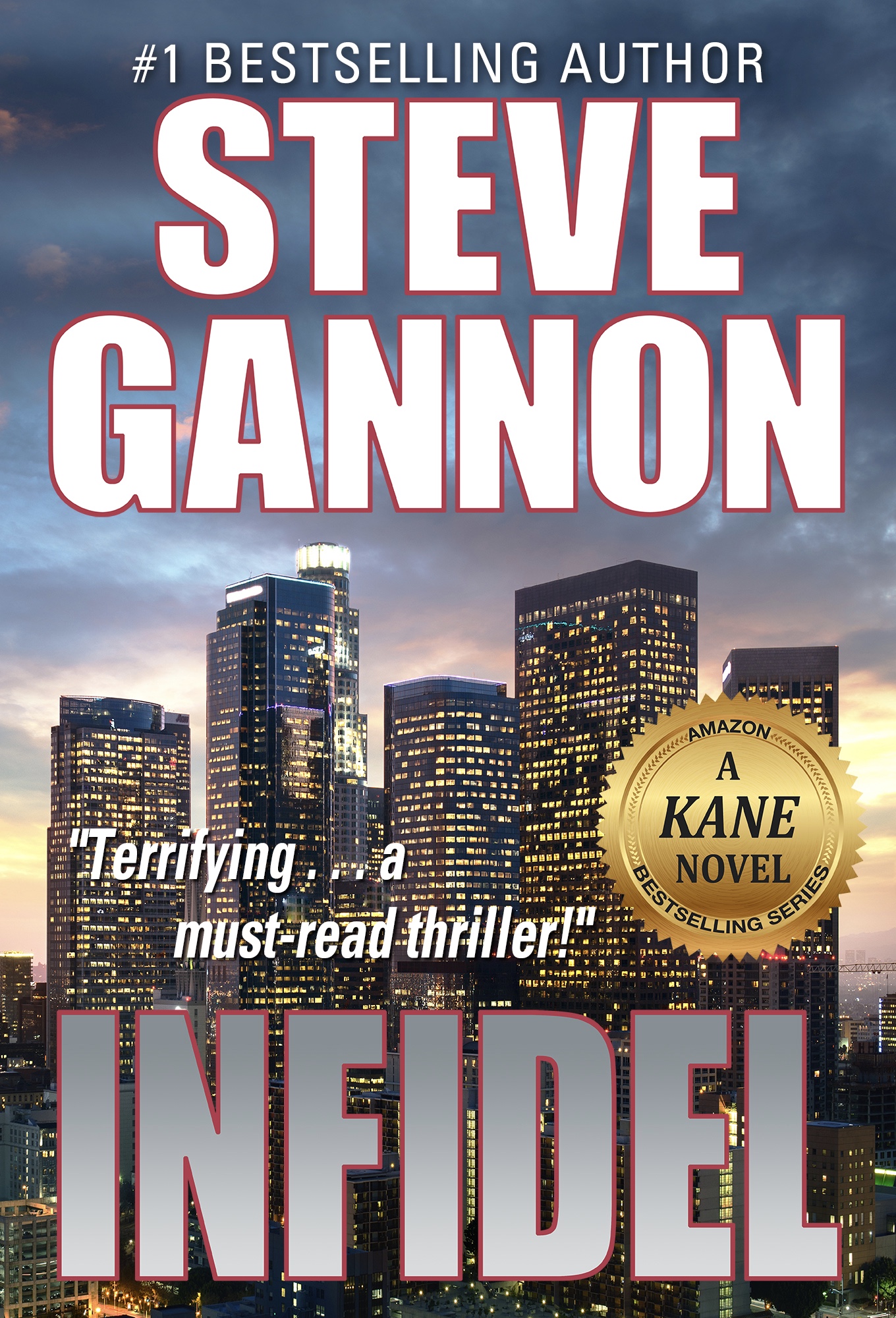
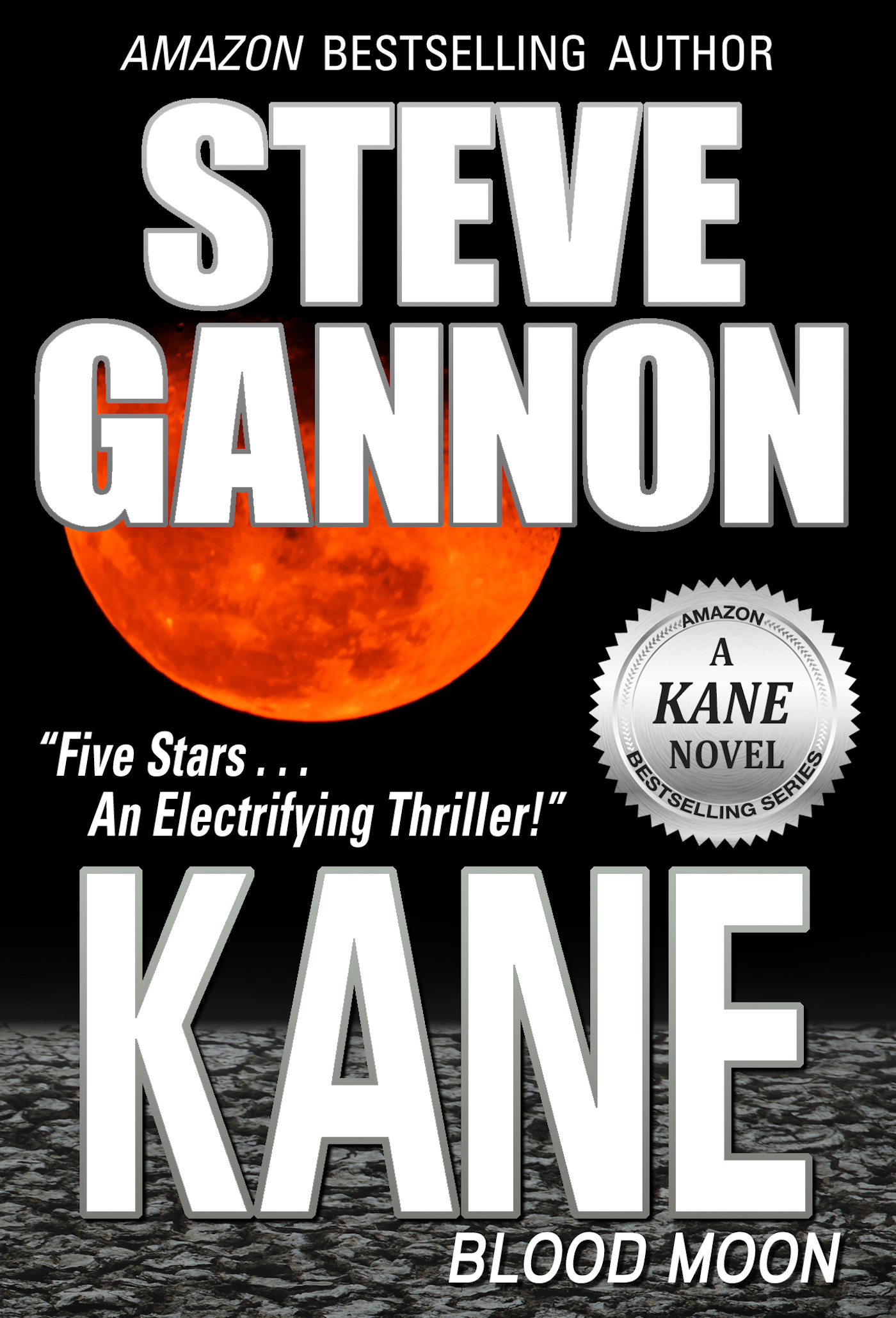

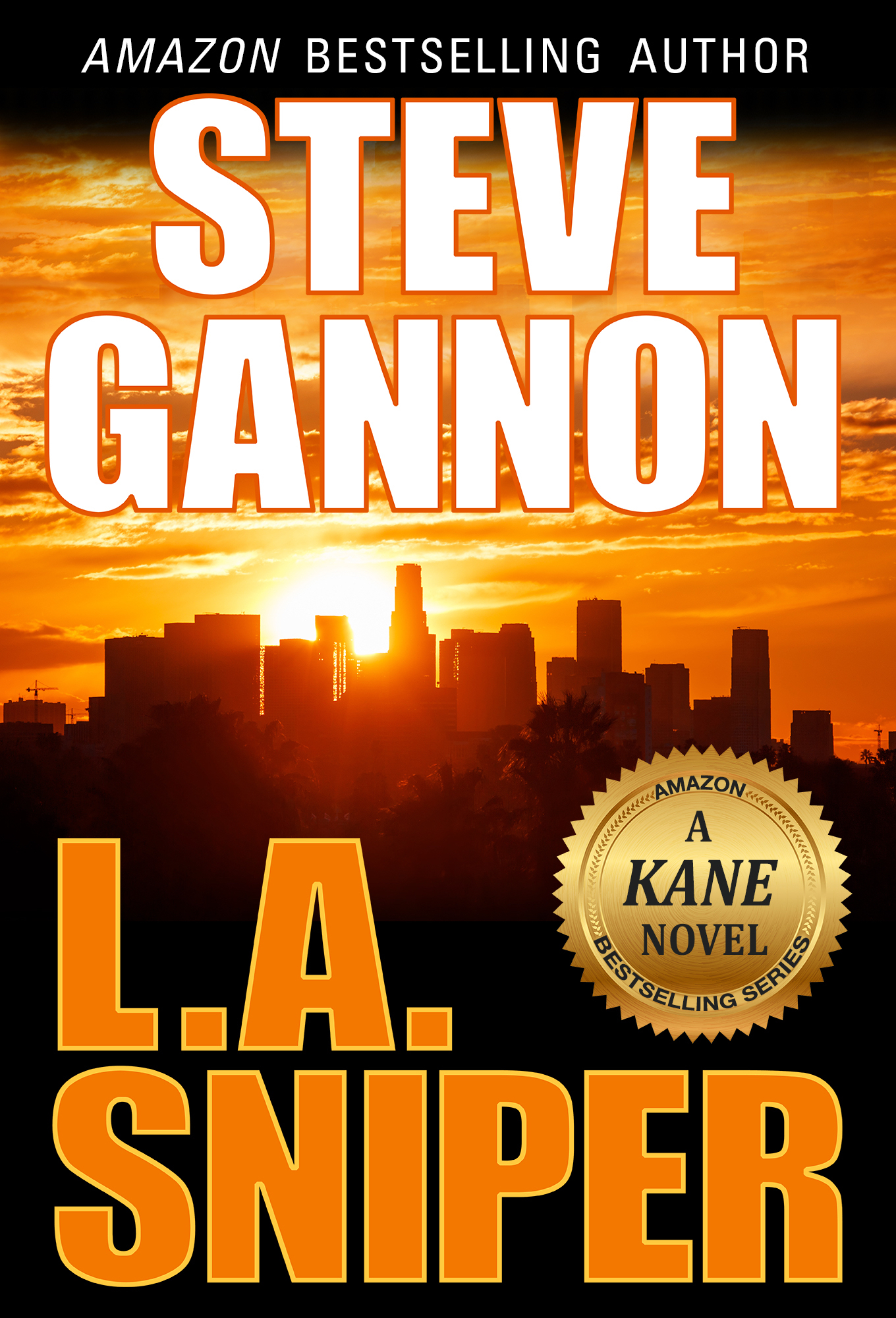
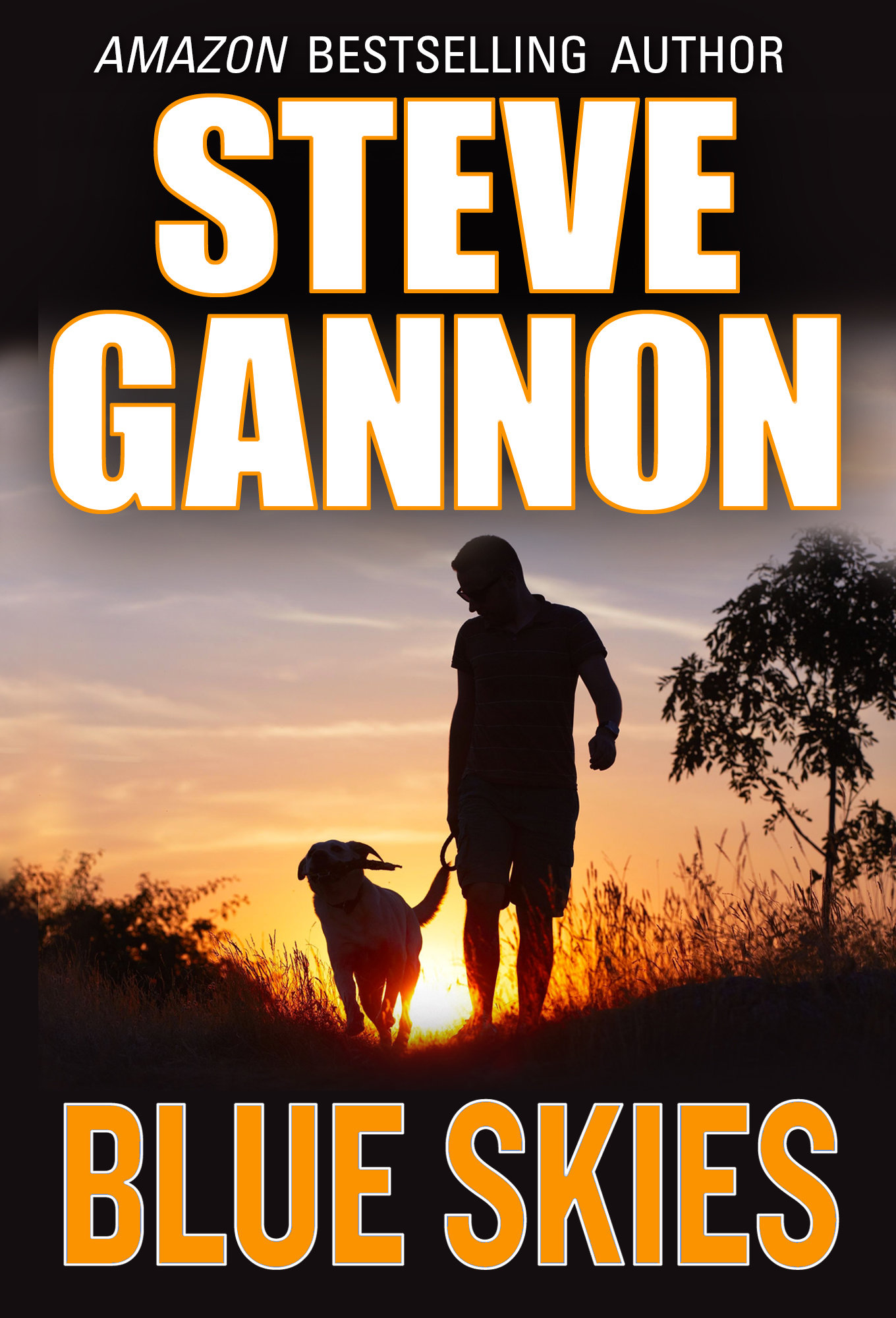
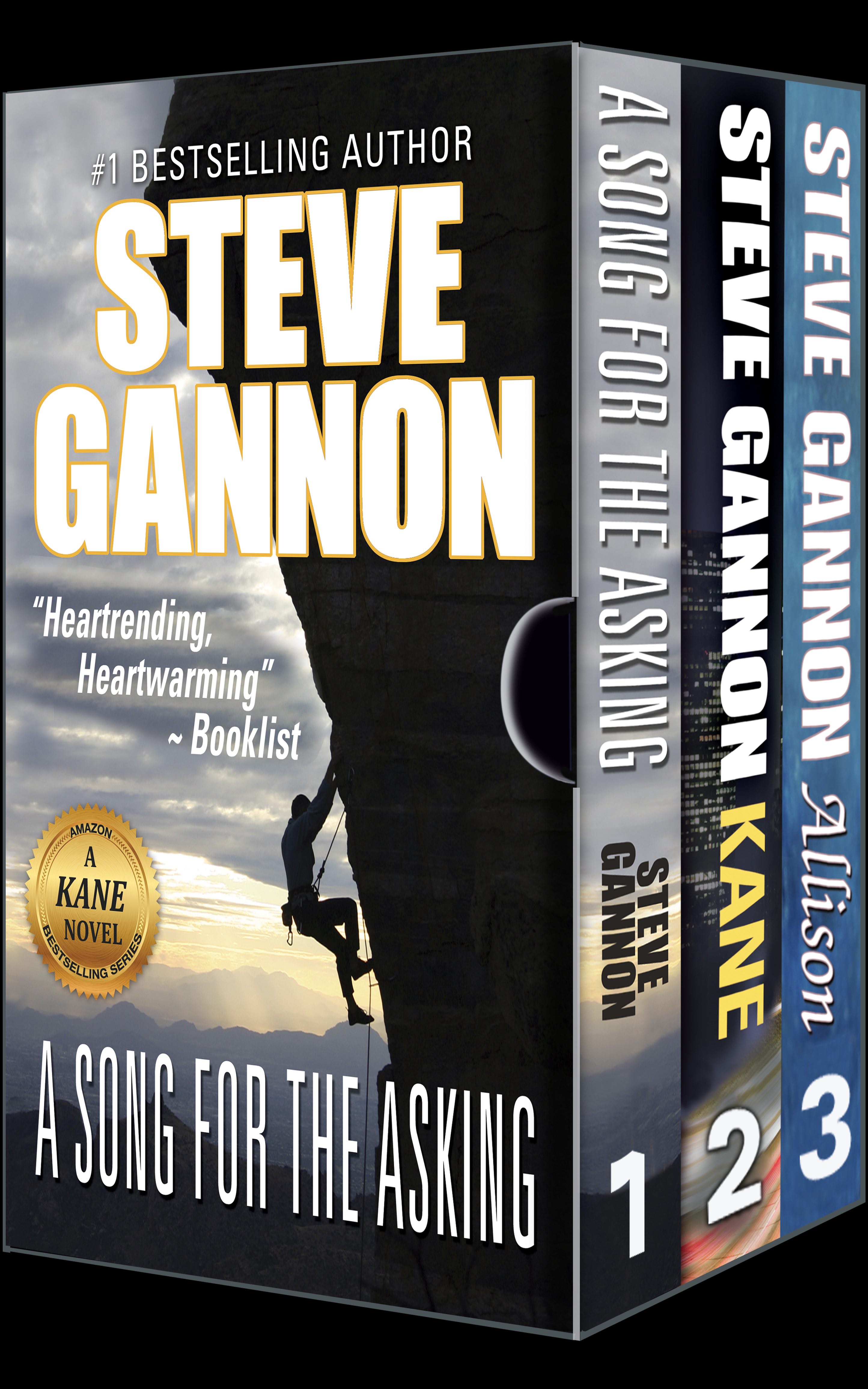
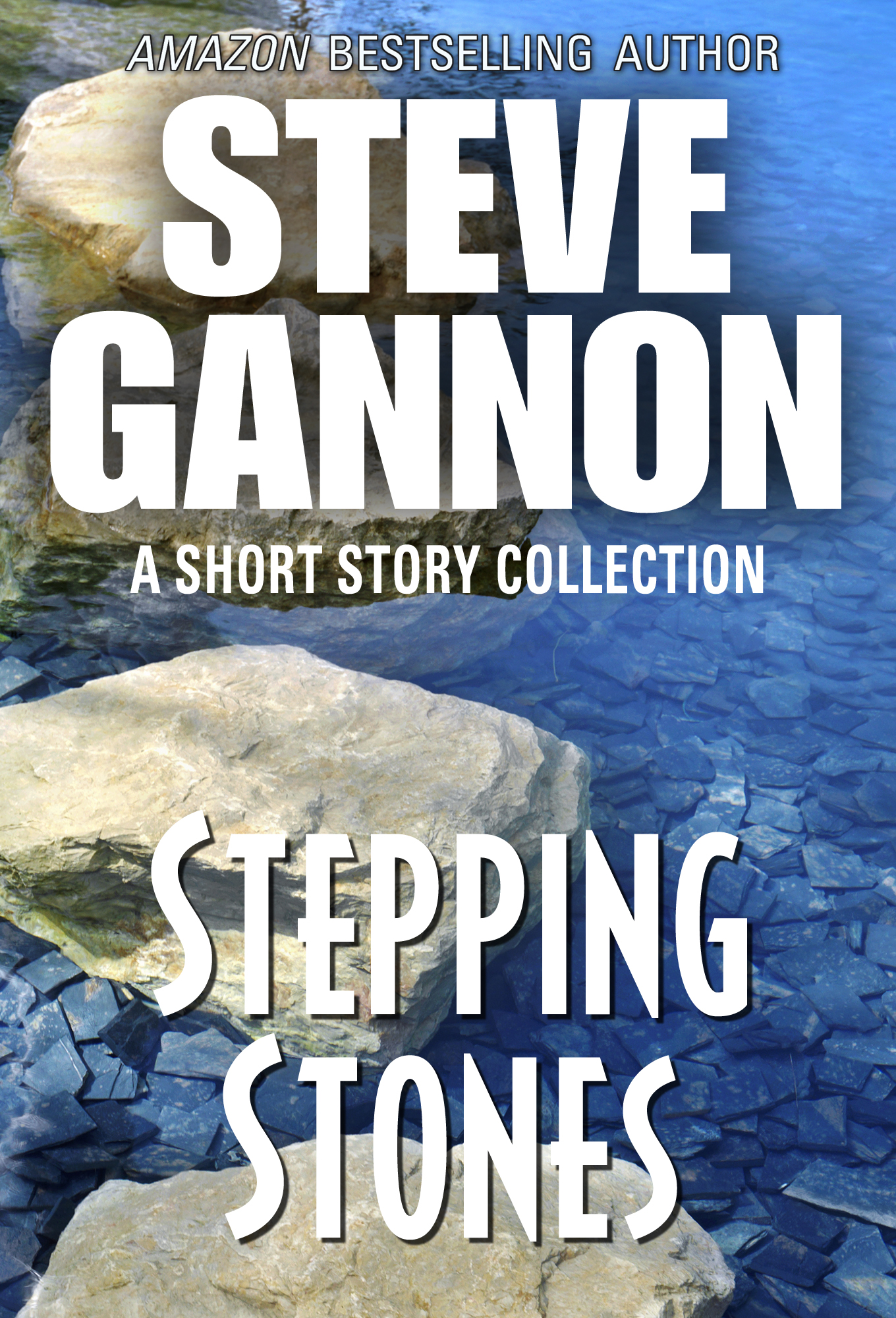
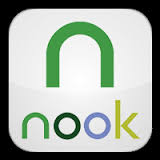
I think some of your ideas on writing apply to other arts, too. Something can be overcorrected and overworked until all the life in it is gone, whether it is writing, music or visual arts. The excitement/apprehension of presenting new work to the public, and the let-down of, “now what?”, are similar, too. It is a lot of work, but it keeps things interesting. Congratulations!
Well said, Martha! Of course as a writer, I was selfishly only thinking of myself, but it’s good to know that other people have similar problems! The over-editing factor can definitely occur in all of the arts. It’s also hard for anyone, as you point out, to finish a big project and not have a followup activity in the crosshairs. Maybe working on multiple projects is the answer?
This is a great blog! Keep this going. I will share this on Facebook!
Thanks, Bev! And thanks for posting this on FB. I’m trying to get something new out on this site every month or so, but lately I’ve been making a big push to complete “L.A. Sniper,” the fourth in my “Kane Novel” series. I’m almost there on that, so look for more from me here in the future — at least until I start the next writing project.
I’m going to be totally honest here as it’s eight on a Sunday morning and I haven’t had my first coffee yet (it’s still brewing!). I’ve started reading three indie books recently and abandoned them for the same reason – they read like first drafts. In two cases I think the authors didn’t spend enough time on revision and just shoved it out there, and in the other case, a debut novel, it was simply that she CAN’T WRITE. I find this with about thirty per cent of the indie novels I start. The writers have the desire to write but not the talent, so the novel just reads like a series of statements, wrapped up in a lovely professional cover with no proofreading errors and a promising blurb – they read all the stuff about presenting it properly, but forget that vital ingredient. This is one thing that people rarely mention but I sometimes dare to – make sure you can actually WRITE before you publish. Something your best friend (or writing group) won’t tell you….
Hi, Terry,
Thanks for commenting! You make several good points, shedding light on the elephant(s) in the indie publishing room no one wants to talk about. Now that self-publishing has widened the portal for aspiring authors, it’s undeniable that there is a lot of work out there that doesn’t merit reading. To be fair, lately I’ve read a number of books published by major houses that don’t deserve reading, either. I suppose one can just hope that good writing coupled with a good story will rise to the top, whether it’s delivered by a major publishing house or via an indie publishing platform.
On the positive side, in today’s market it’s tough to get a publishing deal, so independent platforms offer a way for aspiring writers to get their writing into the hands of readers. As you point out, whether a new author can tell a gripping story complete with believable characters and possibly even some emotional impact is another question, but to have any chance at all, a new writer’s work should be well presented, as typo-free as possible, and grammatically correct. Or if breaking rules is on the table, a writer should at least know the conventions. Bottom line, the craft of writing is something that can and should be learned. Telling a great story also requires talent, but at least indie publishing offers new writers an opportunity to try.
The other point you mention is the difficulty of getting candid, trustworthy criticism, which as you say probably won’t be forthcoming from your mom, your best friend, or your writing group. (I trust my wife, who pulls no punches when critiquing my work.) Although hard to come by and often painful to hear, candid criticism – say from a professional editor – is invaluable.
A final point before I head down for my second cup. Amazon lets readers sample for free the first few chapters of an eBook before clicking the ‘buy’ button. At least this provides an initial opportunity to separate the wheat from the chaff, and who knows? Maybe the next indie author you try will turn into a new favorite.
Because of the samples I can check out on my Kindle, I am looking at many more authors than in past years. As a budding author, I think this has helped me improve my writing. I have learned so much from reading the work of other authors.
I think it is great that so many people can take a shot at it, even if it is only one book. Experiencing the writing process is good for everybody, like vegetable soup. And of course this is hardly news, but it is darn hard to make a good job of it–that being a story that is an interesting experience for the reader.
At the other end of the spectrum, the writer puts in countless hours hunting down those pesky typos that seem to pop up like weeds. Whaddaya gonna do, eh?
Hey, Jim,
I totally agree that Amazon’s making sample chapters available for free is a great way to check out other authors’ work, see whether you would like to read (the rest of) their book, and maybe find a new favorite storyteller in the process.
I also think it’s wonderful with indie publishing that people now have a greater chance to flex their writing muscles. As another commenter noted, this new publishing freedom makes separating the wheat from the chaff difficult for a reader, but you take the good with the bad.
Typos!! My eye goes right over them. I know what I meant to say, even if I leave out words and misspell the rest. That’s why I PAY someone to edit my work. (And even then a few slip through.) Arrgh.
Steve – LOVE your blogs. Pithy, succinct, and packed with info. My Kindle Scout campaign ended two days ago and I am now officially brain dead while I wait to hear back and recover from 30 days of social media madness.
Do you have a copy editor you can recommend to me? Ready to PAY someone to get this manuscript as scrubbed as possible before submitting to KP OR self-pubbing.
Thank you, Steve. Keep the blogs coming, very entertaining.
Rozsa Gaston
SENSE OF TOUCH (a historical romance based on life of French queen Anne of Brittany)